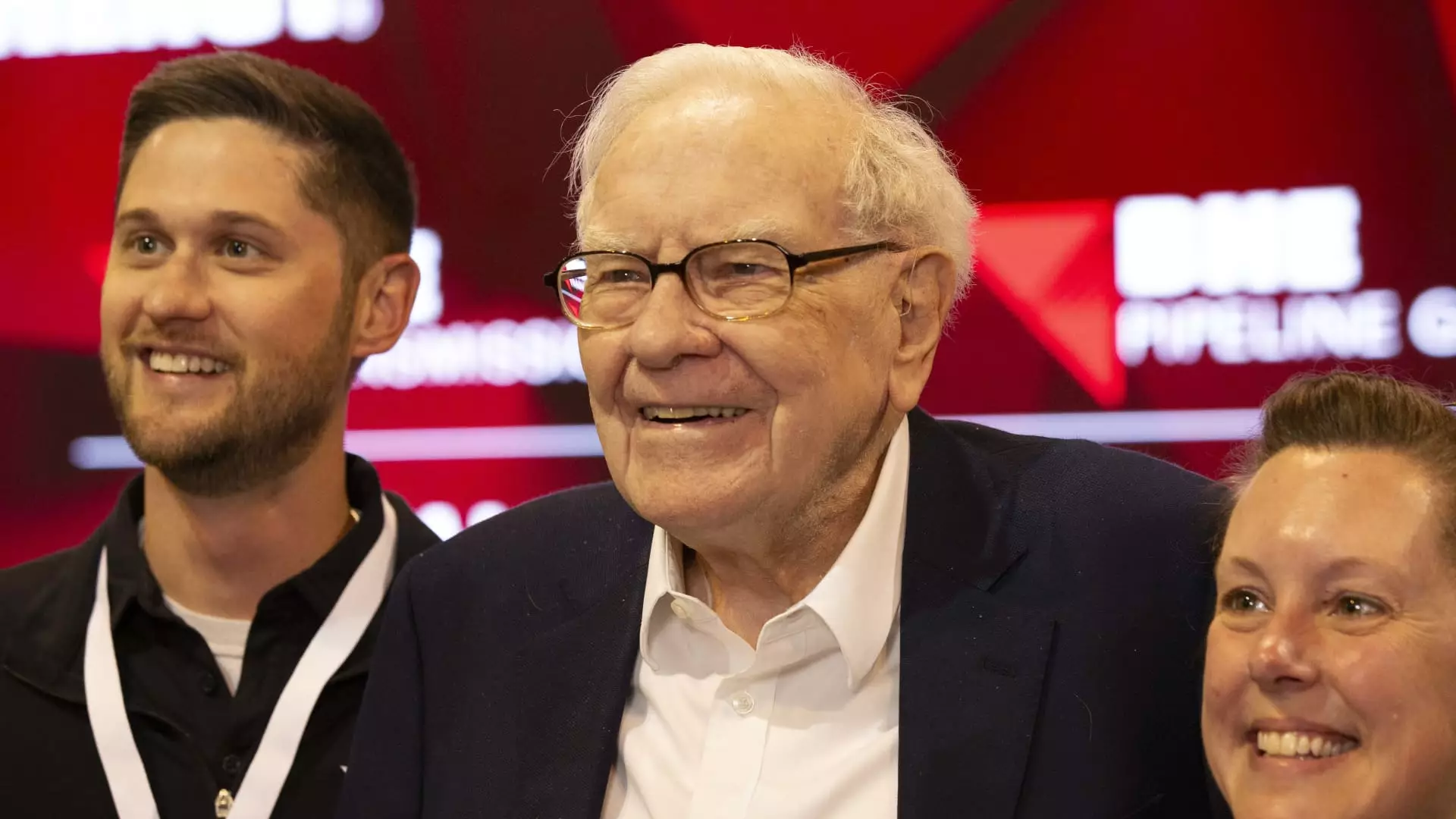Warren Buffett’s Berkshire Hathaway has once again made waves by increasing its stake in SiriusXM, securing a substantial 32% ownership in the satellite radio company. This bold transaction, involving approximately 3.6 million shares at an investment of around $87 million, reflects the conglomerate’s continued interest in the audio entertainment sector, particularly in light of the recent consolidation efforts led by John Malone’s Liberty Media. Although investments of this nature can be pivotal for growth, they raise intriguing questions about the roadmap for SiriusXM amid industry challenges.
SiriusXM faces significant hurdles, such as subscriber losses and shifts in its target demographics. These issues are exacerbated by a lack of enthusiasm from Wall Street, where only five out of fourteen analysts view the stock as a buy, according to FactSet. Renowned analyst Sebastiano Petti from JPMorgan has even downgraded his rating to underweight, spotlighting concerns over page long-term strategies and growth potential. This skepticism can act as a double-edged sword for Buffett; while he may see potential in SiriusXM, the broader market sentiment presents a risky backdrop.
The Liberty Media transaction, which resulted in a 12% reduction of SiriusXM’s share count, may also have implications for the company’s immediate financial strategies, including its stock buyback programs potentially being on hold until 2027. This pause could hinder investor confidence and perpetuate downward pressure on share prices. Given that Berkshire Hathaway has previously witnessed lukewarm success with its media investments – notably its disappointing venture into Paramount Global – one can speculate whether Buffett’s latest plunge into SiriusXM is based on quantifiable metrics or if it stems from a more intrinsic belief in operational recovery.
Buffett’s investments are often scrutinized in the context of historical precedents. The recent underperformance of Paramount Global prompted Buffett to re-evaluate investment philosophies, particularly regarding consumer preferences during leisure hours. This reflection sheds light on the competitive landscape of the streaming and audio industries, where myriad players vie for consumer attention. The sheer volume of options has resulted in intensified competition, leading to price wars that could make profitability a daunting achievement for companies like SiriusXM.
Interestingly, Buffett has not publicly addressed this investment in SiriusXM, leaving analysts and investors questioning whether it reflects his vision or the strategic decisions of his investing lieutenants, Ted Weschler or Todd Combs. This ambiguity evokes a broader conversation about the hierarchy and investment decision-making processes within Berkshire Hathaway, emphasizing how Buffett’s legacy may be shaped not only by his direct involvement but also by the talents of those he has mentored.
While Berkshire Hathaway’s increased stake in SiriusXM can be interpreted as a vote of confidence, a closer examination reveals a landscape fraught with risks. Amidst subscriber challenges and mixed market sentiments, the real question is whether this investment will yield fruitful returns or become another cautionary tale in Buffett’s extensive portfolio of bets. Time will undoubtedly tell as metrics unfold and the investment community keeps a watchful eye on the evolving narrative of SiriusXM in the audio entertainment sector.

